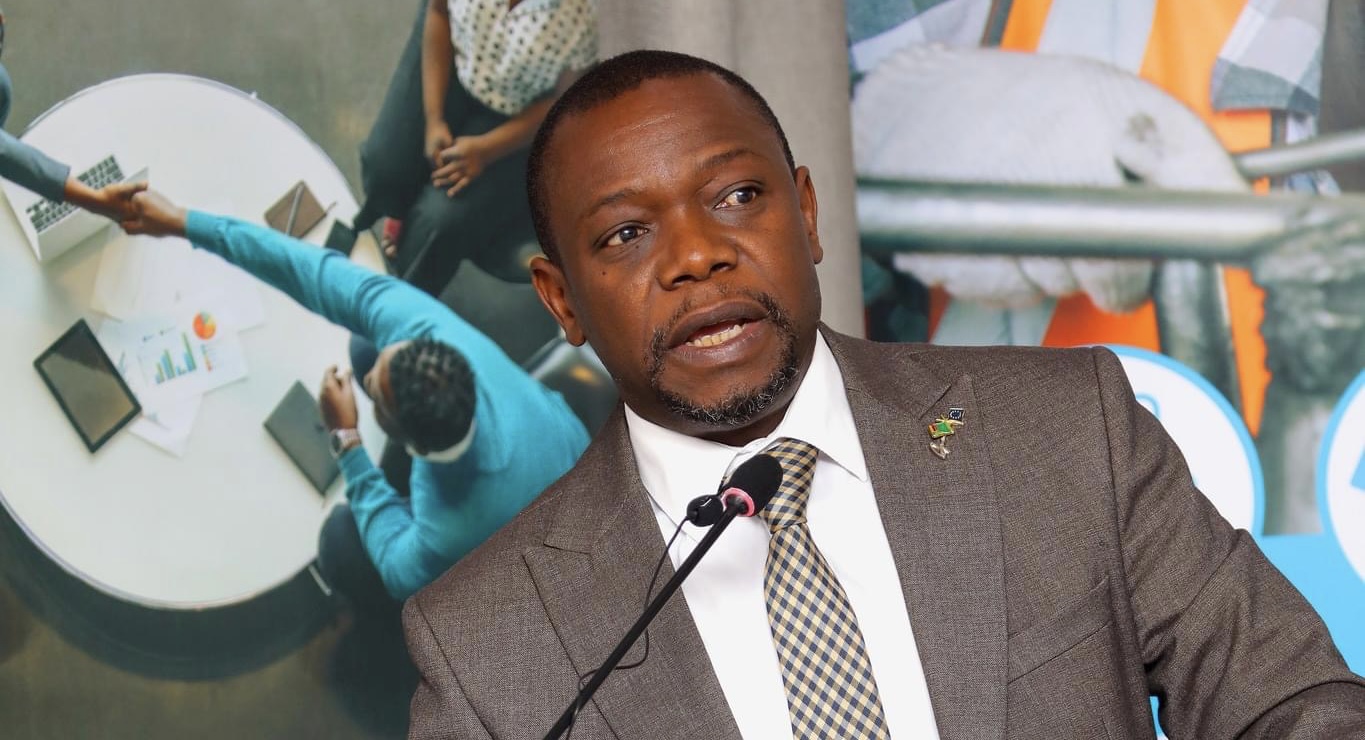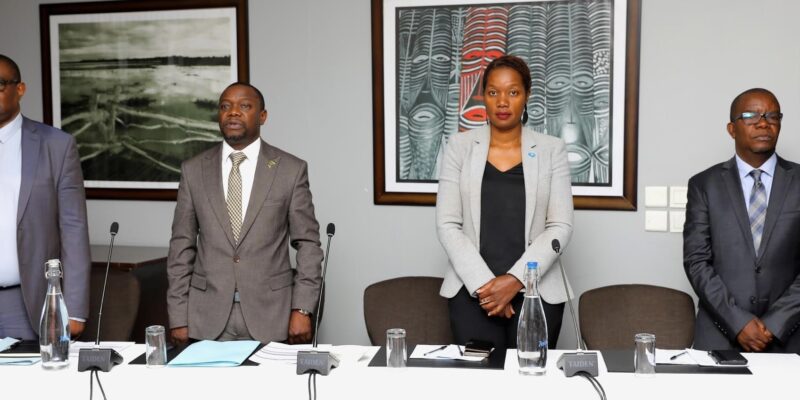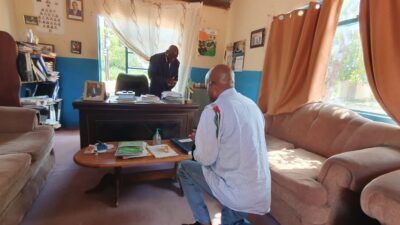The United Nations Economic Commission for Africa (UNECA) has announced that the pre-feasibility studies’ findings of the Special Economic Zones (SEZ) for the establishment of Zambia-Democratic Republic of Congo (DRC) battery value chain are expected to be completed by end of this year.
Sub-Regional Office for Southern Africa Director, Eunice Kamwendo, said this in Lusaka on Wednesday during a workshop on “Needs and Financing Mechanisms for the Special Economic Zone for Batteries for Electric Vehicles in Zambia”.
Read more: UN agency says Zambia’s mineral sector, value addition to fuel inclusive growth
Kamwendo stated that the two countries signed cooperation and framework agreements in May 2022 and March 2023, respectively.
Giving an update on the agreement, she talked about the establishment of battery councils in both DRC and Zambia to oversee and accelerate implementation of this transformative initiative.
Kamwendo said the results from the ongoing pre-feasibility studies of the SEZ for development of battery value chain between the two countries were expected to be done by end of this year.
“Counting the costs (all costs) through pre-feasibility studies of the SEZ(s): which were launched in May 2023 in both countries and are currently underway with support from ARISE. The results of these pre-feasibility studies expected by the end of the year,” she said.
On opportunities for Zambia, Kamwendo states that the country had potential to contribute about 80 percent of global manganese demand by 2030.
She hinged this on Zambia’s endowment with nickel, cobalt and manganese – all critical minerals for battery precursors.
“Zambia & DRC can leverage their abundant green mineral resources and hydroelectric power to become a low-cost and low emissions producer of lithium-ion battery cathode precursor materials,” she said.
She also said Africa was well positioned to benefit from its mineral resources as the world transitions to net zero.
“It is estimated that the electric battery vehicle market will grow to a value of US$8.8 trillion by 2025, and US$46 trillion by 2052 – an almost six-fold increase in market value over the next 25 years,” Kamwendo said.

Acting Commerce, Trade and Industry Minister, Elias Mubanga, said the joint initiative was expected to unlock economic potential and strengthen the value chain, in the respective countries, for the production of battery precursors and batteries for electric vehicles.
“We are, therefore, expectant that through this Initiative our country and its people will benefit from the country’s mineral wealth, through job and wealth creation, increased business linkages, increased export earnings, transfer of skills and technology to locals and local enterprises,” Mubanga said.
WARNING! All rights reserved. This material, and other digital content on this website, may not be reproduced, published, broadcast, rewritten or redistributed in whole or in part without prior express permission from ZAMBIA MONITOR.












Comments